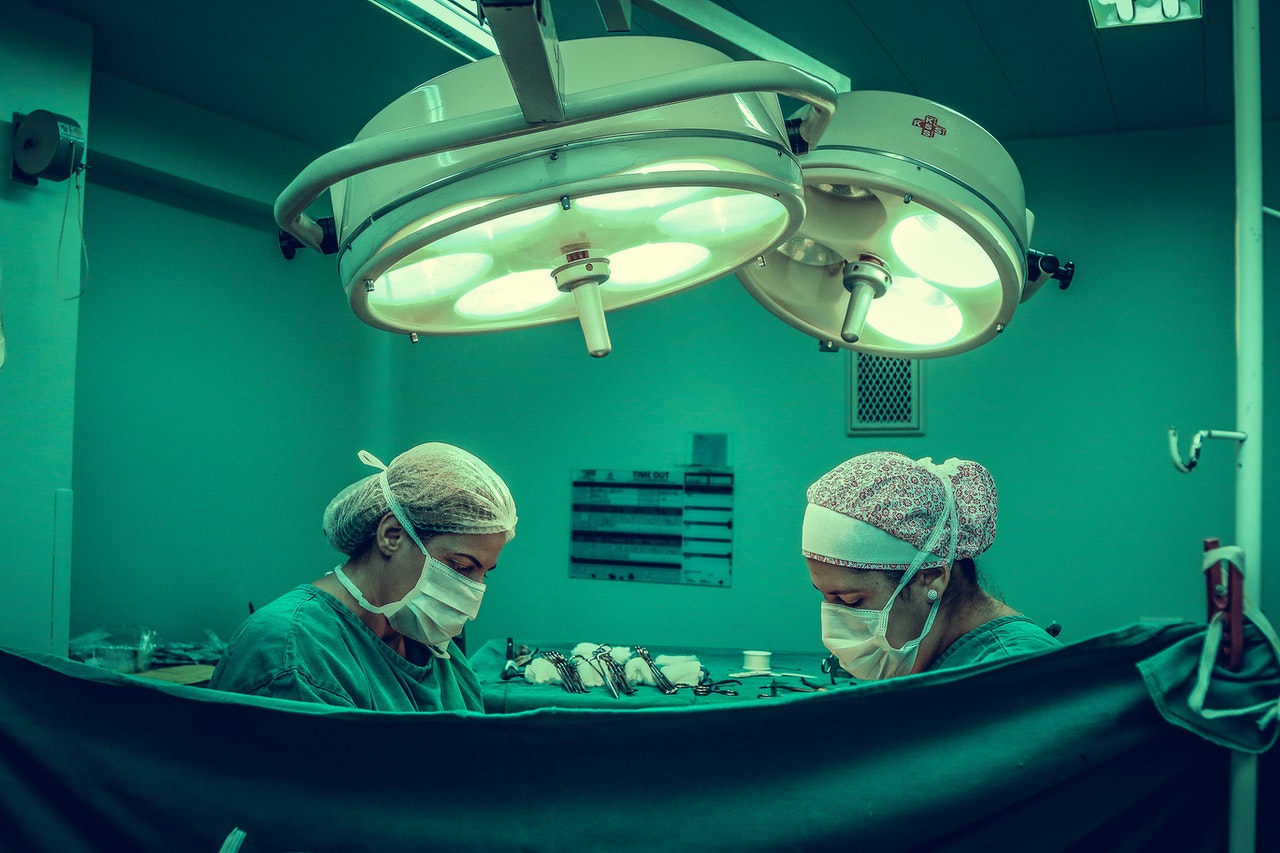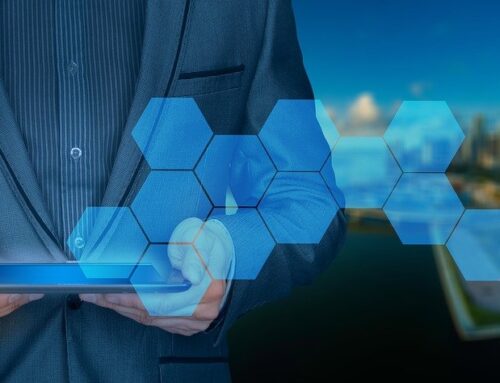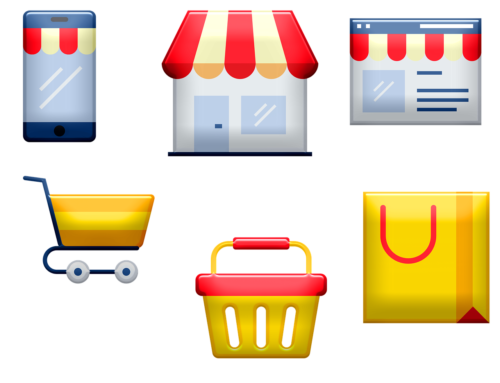IoT is undoubtedly transforming the healthcare industry by redefining the space of devices and people interaction in delivering healthcare solutions. IoT has applications in healthcare that benefit patients, families, physicians, hospitals and insurance companies.
Internet of Things (IoT)-enabled devices have made remote monitoring in the healthcare sector possible, unleashing the potential to keep patients safe and healthy, and empowering physicians to deliver superlative care. It has also increased patient engagement and satisfaction as interactions with doctors have become easier and more efficient. Furthermore, remote monitoring of patient’s health helps in reducing the length of hospital stay and prevents re-admissions. IoT also has a major impact on reducing healthcare costs significantly and improving treatment outcomes.
What is Internet of Things (IOT)?
Internet of Things (IoT) is a network of physical objects or people called “things” that are embedded with software, electronics, network, and sensors that allows these objects to collect and exchange data.
Basically, IoT is a network in which all physical objects are connected to the internet through network devices or routers and exchange data. IoT allows objects to be controlled remotely across existing network infrastructure. IoT is a very good and intelligent technique which reduces human effort as well as easy access to physical devices. This technique also has autonomous control feature by which any device can control without any human interaction.
Why IOT Is Important In Healthcare?
The potential application of IoT in healthcare can improve not only a patient’s health but also the health care employee productivity and hospital workflows.
In healthcare, IoT-based healthcare systems collect a variety of patient data and get inputs from doctors medical professionals. Continuous glucose monitoring for insulin pens is the best example of this. All these devices can communicate with each other and take important actions that would provide timely help to save someone’s life. After collecting the data, an IoT healthcare device would send this critical information to the cloud so that doctors can act upon it.
How IoT Helps In Healthcare — Process
Here is the detailed workflow of IoT healthcare:
• A sensor collects data from a patient, doctor or nurse inputs data.
• AI-driven algorithms like Machine Learning (ML) is used to analyze the collected data.
• The device decides whether to act or send the information to the cloud.
• Doctors or health practitioners can make actionable and informed decisions based on the data provided by IoT healthcare solutions.
IoT in Healthcare Examples
• IoT and wearables can help home patients and elderly communicate directly with a healthcare facility.
• Medical devices capable of performing self-maintenance. IoT healthcare devices will sense their own components, detect low thresholds, and communicate with medical personnel and manufacturers.
• Sensing and uploading up-to-date patient information to the cloud in emergency situations, from the ambulance or even from home.
EXAMPLES OF IOT MEDICAL DEVICES
• Remote temperature monitoring for vaccines
• Medical data transferring tools
• Air quality sensors
• Drug effectiveness tracking
• Vital signs data capturing
• Sleep monitor
• Medication refill reminder technology
• Remote care biometrics scanners
• Sleep and safety tools for infants
Future of IoT In Healthcare
IoT in healthcare industry can improve components, such as medical gadgets or services. It can also enhance healthcare applications, such as telemedicine, patient monitoring, medication management, imaging, and overall workflows in hospitals. It can also create new ways of treating different diseases.
The Internet of Things for healthcare will not only be used by hospitals or facilities, but also by surgical centres, research organizations, and even governmental institutions.
Conclusion
The future of IoT in healthcare is promising in view of recent events. The unfolding crisis in the industry caused by the pandemic once again proved the importance of implementing technologies like IoT, big data and AI to enhance efficiency and improve safety in healthcare. Implementing IoT solutions right now is no longer about staying ahead of the competition, it’s about making sure we can handle the crisis.
We at Agilis World Inc. help companies leverage IoT in healthcare industry and develop software to understand data, bring devices online and control smart systems.
Contact us at Agilis World Inc. to learn more and see if our skill set and experience are what you are looking for on your project.







Leave A Comment